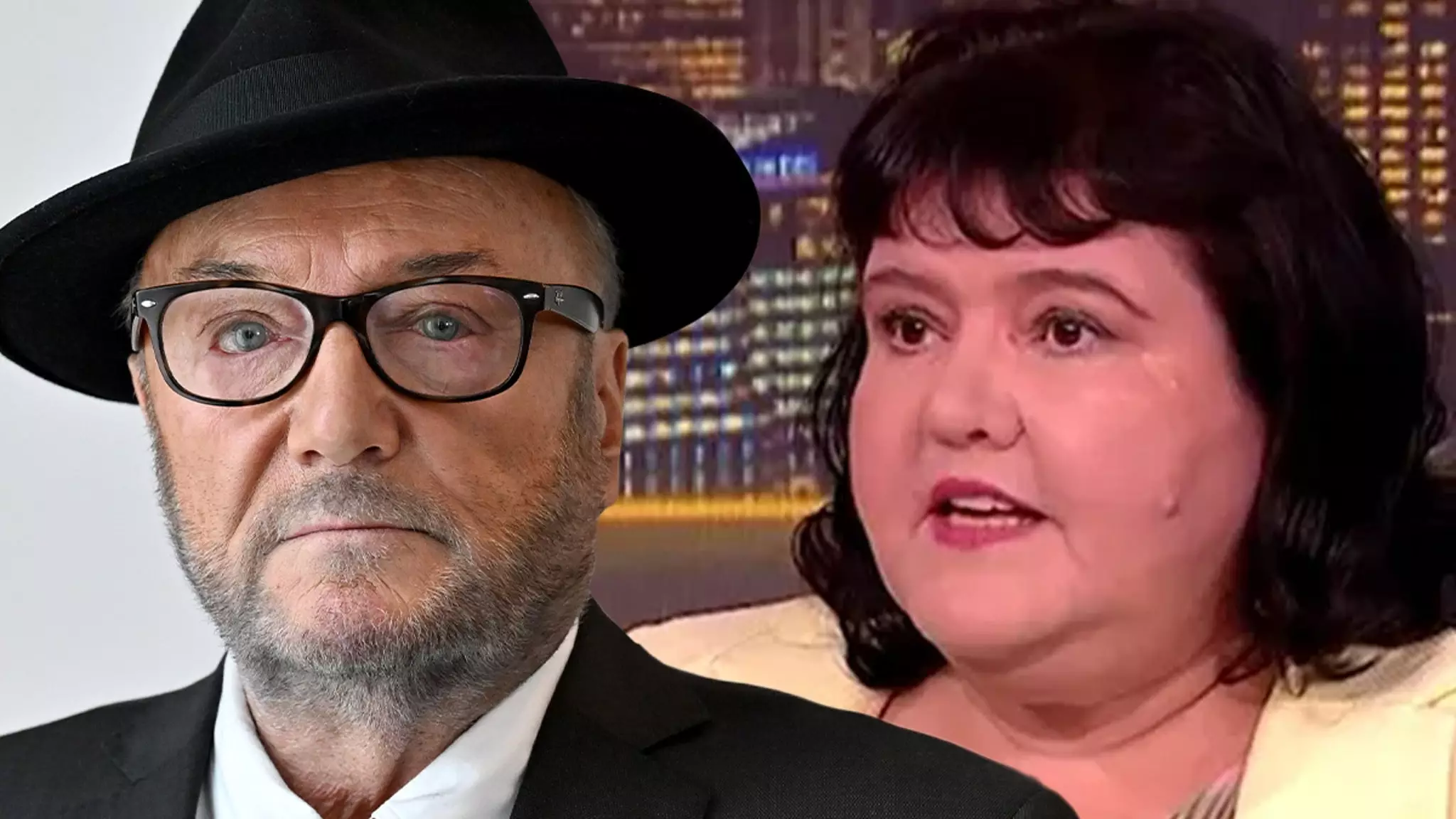The recent stalking allegation against Fiona Harvey, as brought forward by British politician George Galloway, sheds light on a disturbing aspect of her behavior. According to George, Fiona stalked him during the ’80s, demonstrating relentless pursuit and obsessive tendencies that left him feeling harassed. This allegation brings to the forefront the impact of stalking behavior, especially in a time when communication methods were more limited.
Interestingly, George Galloway revealed that Fiona’s stalking behavior was not driven by romantic interest, but rather by a desire to take over his job. This sheds a new light on Fiona’s actions, portraying her as someone who was not focused on personal relationships but rather on professional gains. The fact that she was willing to go to such lengths to achieve her goals raises questions about her ethical boundaries and priorities.
The article also mentions Fiona’s ongoing lawsuit against Netflix for $170 million over claims of defamation, negligence, and privacy violations. Her assertion that the streaming platform told “brutal lies” about her in the series “Baby Reindeer” highlights the seriousness of the situation. The fact that Fiona feels her reputation, character, and life have been destroyed by the show points to the emotional toll of such allegations and their portrayal in the media.
Netflix’s decision to stand by Richard Gadd, the creator of the series, despite Fiona’s lawsuit, indicates their commitment to defending their content and creators. The streamer’s intention to fight the lawsuit demonstrates their confidence in the accuracy and integrity of the show. However, the lack of acknowledgment from Netflix or Richard regarding Fiona being the inspiration for the drama raises questions about the transparency and accountability of the creative process.
The stalking allegation against Fiona Harvey, as presented by George Galloway, raises important questions about ethics, boundaries, and professional conduct. Fiona’s motivations, as revealed by George, offer a new perspective on her actions and intentions. The ongoing legal battle between Fiona and Netflix underscores the complexities of defamation and privacy violations in the media industry. Ultimately, this situation serves as a cautionary tale about the consequences of obsessive behavior and the importance of upholding ethical standards in both personal and professional relationships.


Leave a Reply